
Learning Japanese can be an incredibly rewarding journey, opening doors to a rich culture, fascinating media, and new connections. While online resources and apps have proliferated, books remain an indispensable tool for structured learning, especially for mastering grammar, vocabulary, and the intricate writing systems. As we look to 2025, the landscape of books to learn Japanese continues to evolve with new editions and approaches.
Whether you're a complete beginner looking for "Japanese learning books for self-study" or aiming to refine your skills, this guide highlights 12 of the best books available, designed to support your Japanese language acquisition. We'll cover options for various learning styles and levels, helping you find the perfect companions for your linguistic adventure.
Discover the top 12 books to learn Japanese in 2025, handpicked for beginners, self-learners, and JLPT aspirants. From grammar essentials and vocabulary builders to kanji guides and cultural readers, this curated list features the most effective Japanese learning books available today. Whether you prefer PDFs, workbooks, or classroom-style texts, find the perfect resource to match your goals and learning style.
Focus: Comprehensive beginner grammar, vocabulary, and conversation.
Why it's great: Often considered the gold standard for beginners, Genki provides a well-structured and engaging approach. This volume covers foundational grammar points, essential vocabulary, and cultural notes through dialogues and exercises. Its integrated workbook and audio resources make it ideal for self-study, and it's widely used in university courses. If you're wondering about "books to learn Japanese reddit" recommendations, Genki almost always tops the list for beginners.
(Amazon)
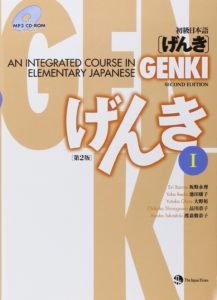
If you’re learning Japanese, don’t miss our guide on Japanese grammar rules to build a strong foundation.
Focus: Fun, gradual, and highly accessible learning for absolute beginners.
Why it's great: Designed with the self-learner in mind, the "Japanese From Zero!" series takes a very gentle and fun approach. It introduces Hiragana and Katakana gradually alongside Romanized Japanese, easing beginners into the writing systems. The books are well-explained, engaging, and come with supplementary video lessons, making them excellent for those who might find other textbooks overwhelming. This is a strong contender for "books to learn Japanese for beginners."
(Amazon)
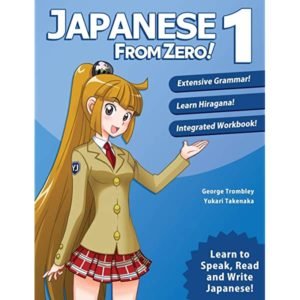
Focus: In-depth explanations of fundamental Japanese grammar points.
Why it's great: This book is an indispensable reference for anyone serious about understanding the nuances of Japanese grammar from the ground up. It functions as a comprehensive guide rather than a linear textbook, providing clear explanations, numerous example sentences, and comparisons of similar grammar points. It's a must-have for clarifying doubts and solidifying your foundational grammatical understanding.
(Amazon)
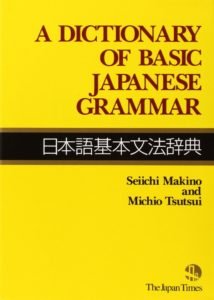
Enroll in the best online Japanese course in Delhi NCR to learn at your convenience.
Focus: Rapidly learning Hiragana and Katakana.
Why it's great: Before diving into Kanji, mastering Hiragana and Katakana is crucial. This book offers a highly effective, mnemonic-based approach to learning both syllabaries quickly. It focuses on visual associations and provides structured practice, enabling learners to read and write the fundamental Japanese scripts with remarkable speed.
(Amazon)
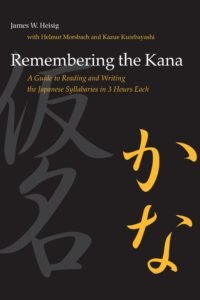
Focus: Learning the meaning and writing of Kanji characters without initial focus on readings. Why it's great: Heisig's RTK is a revolutionary approach to learning Kanji. Instead of memorizing readings, it focuses on connecting the visual components of Kanji to their English meanings using mnemonics. This method helps you rapidly learn to recognize and write thousands of characters, which is crucial for reading. Many learners combine this with other resources for reading practice.
(Amazon)
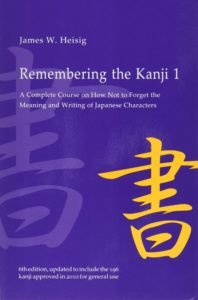
Learn how to write emails and letters in Japanese with proper etiquette and grammar.
Focus: Comprehensive reference for Kanji with detailed information.
Why it's great: Once you've learned the meanings and writing of Kanji, a good dictionary for looking up readings, compounds, and usage is essential. The Kodansha Kanji Learner's Dictionary is highly respected for its clear layout, extensive entries, and intuitive indexing, making it an invaluable tool for intermediate to advanced learners.
(Amazon)
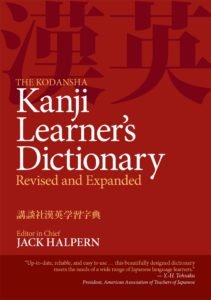
Focus: Learning Kanji in practical contexts, focusing on compounds and readings.
Why it's great: While "Remembering the Kanji" teaches you to write and understand the meaning of individual characters, "Kanji in Context" helps you learn how those characters are actually used in words and sentences. It's designed to build your reading comprehension by focusing on common compounds and different readings of Kanji, making it an excellent follow-up to RTK.
(Amazon)
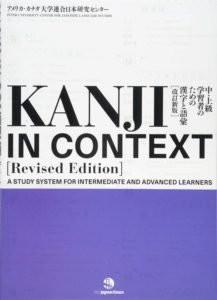
If you dream of working in a diplomatic setting, learn how to get a job in an embassy with these useful strategies.
Focus: Improving listening comprehension and pronunciation through shadowing.
Why it's great: Shadowing is a powerful technique where you listen to native Japanese audio and try to repeat it immediately after, mimicking pronunciation, intonation, and rhythm. This book provides structured exercises and audio specifically designed for this purpose, significantly boosting your listening skills and helping you sound more natural when speaking.
(Amazon, used)
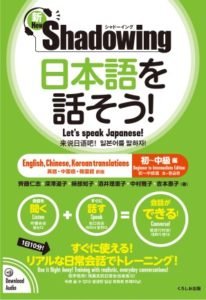
Focus: Practicing reading and vocabulary through engaging short narratives.
Why it's great: Once you have a foundational understanding of grammar and some kana knowledge, diving into actual stories is incredibly motivating. "Japanese Short Stories for Beginners" provides engaging, accessible tales with accompanying vocabulary lists and grammar explanations, making it a gentle bridge from textbook learning to authentic reading material.
(Amazon)
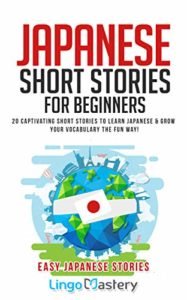
Avoid mistakes by following this detailed Japanese address format guide when mailing letters or parcels.
Focus: Practical, conversational Japanese for intermediate learners, building on foundational knowledge.
Why it's great: If you've completed "Japanese for Busy People I" or another beginner series and want to continue focusing on practical communication, this book is excellent. It introduces more complex sentence structures and vocabulary relevant to everyday situations, making it perfect for those who prioritize speaking and understanding daily Japanese.
(Amazon)
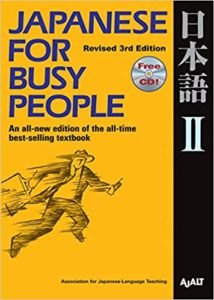
Focus: Acquiring up-to-date and relevant vocabulary for contemporary Japanese.
Why it's great: Language evolves, and this guide addresses the need for modern vocabulary. "Modern Japanese Vocabulary: A Guide for 21st Century Students" includes terms related to current technology, social issues, and daily life in Japan, ensuring that your lexicon is relevant and practical for communicating in the 21st century. It complements traditional textbooks by providing a focused look at contemporary usage.
(Amazon, used)
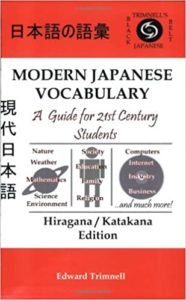
Focus: Comprehensive Japanese-English dictionary with essential furigana.
Why it's great: A reliable dictionary is paramount throughout your learning journey. This dictionary is highly praised for its user-friendly layout and, crucially, the inclusion of furigana (small kana phonetic guides) next to Kanji, which is invaluable for learners at all stages. It's organized alphabetically by kana, making it efficient for looking up words once you've grasped the syllabaries.
(Amazon)
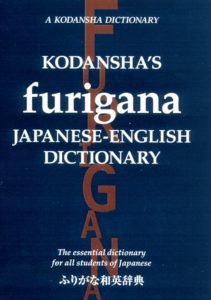
1. Which book should I read to learn Japanese?
Genki I, Japanese from Zero!, and Tae Kim’s Guide to Japanese Grammar are some of the best beginner-friendly books to start learning Japanese effectively.
2. Is 2 hours a day enough to learn Japanese?
Yes, studying Japanese for 2 hours daily can lead to steady progress, especially when combined with speaking, listening, and reading practice consistently.
3. Can I learn Japanese by reading books?
Absolutely. Many learners achieve fluency through self-study using structured textbooks, grammar guides, and vocabulary-building books tailored for beginners.
4. Is learning Japanese easy for Indians?
While Japanese grammar and writing systems are different from Indian languages, many Indians find learning Japanese manageable due to strong memorization skills and discipline.
5. Can I learn Japanese in 1 year?
With consistent study and immersion, reaching conversational fluency in a year is possible, especially if you follow a structured plan and use the right study materials.
The journey to learning Japanese is a marathon, not a sprint, and the right books to learn Japanese can be your most reliable companions. From foundational grammar with GENKI to mastering Kanji with RTK and "Kanji in Context," or diving into modern vocabulary and real-world short stories, the resources available in 2025 are more comprehensive than ever. Choose the books that best fit your learning style and goals, and commit to consistent study. Ganbatte kudasai! (Good luck!)